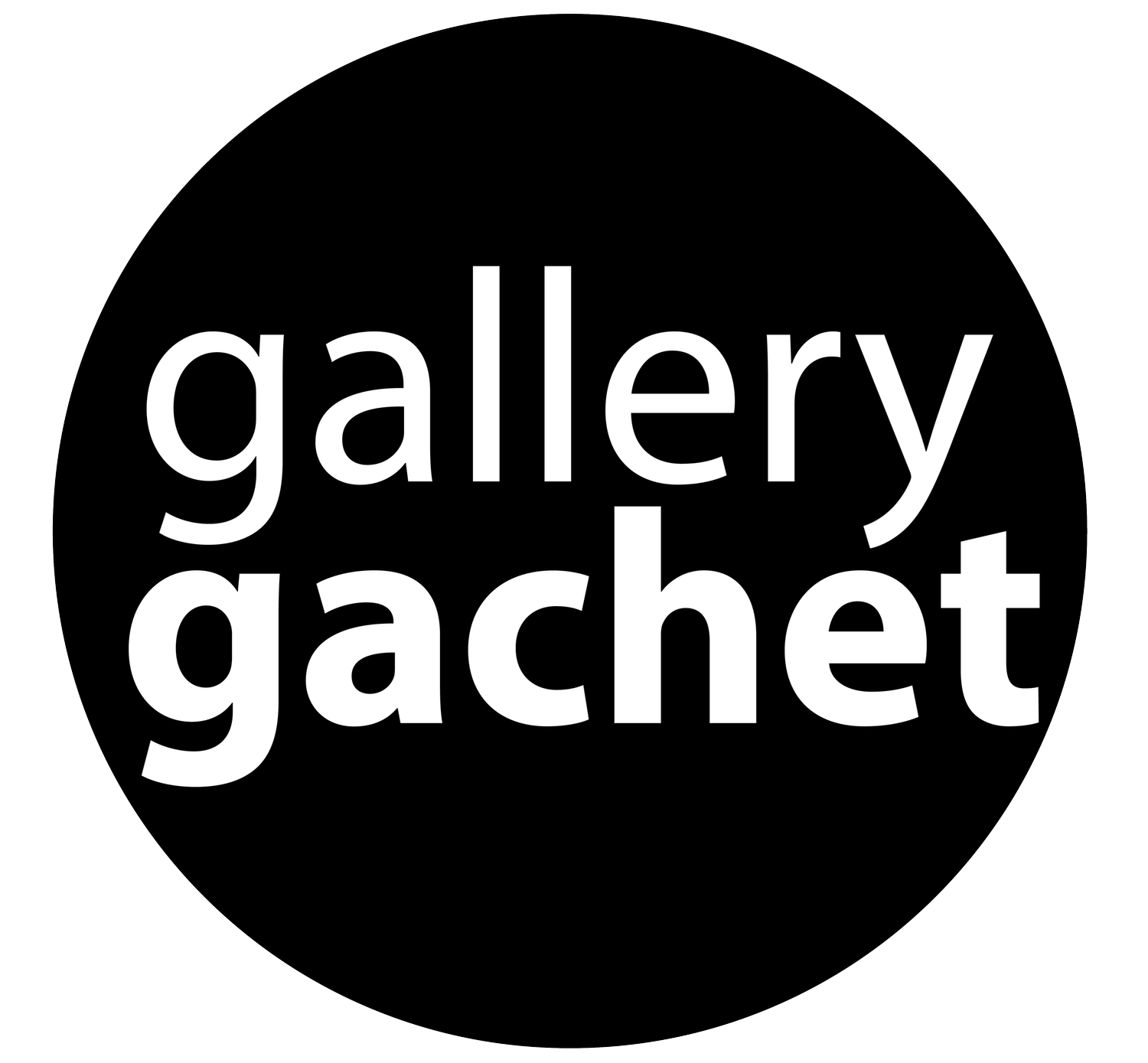Walk in Gratitude; Write in Empathy
Reception: October 22, 6-9pm
Engaged Journalism Panel: October 22, 5–6pm
Policing and Public Health Panel, November 10, 5–6:30pm
Exhibition open October 23–November 14th, 2025
James D. Baryluk, Emily R. Blyth, Sam Digges Hunter, Laura Holland, Mo Korchinski, Gwyneth Law, Tyler Lindgren, Makinak Kwe, J. Kevin Mitchell, Christina Sinopoli, Robb Thompson, and Syrus Marcus Ware.
Walk in Gratitude; Write in Empathy coalesces the voices of community members, activists, and researchers to imagine a world beyond police violence, while foregrounding the societal infrastructures that allow such violence to remain rampant.
As part of the founding myth of the Canadian nation-state, rhetoric of peace, politeness, and kindness are often mobilized to carve a national identity rooted in the illusion of benevolent settler colonialism. But beneath this story lies another one; of policing practices that wound, surveil, and silence. Violence here is not only physical, but psychological, sexual, and systemic, rooted in colonial goals of eradication and a white supremacist order that continually restores and replicates itself.
Too often, when police cause harm that violence goes unnamed. Deaths are reframed as accidents, victims painted as criminals, aggressors are given the roles of heroes, and attempts are made to redirect public sympathy to the very institutions that harm. In this way, language itself becomes a weapon.
As such, this exhibition asks: how might language instead become a tool for healing, for witness, and for accountability? Walk in Gratitude; Write in Empathy gathers the art works of Laura Holland, Makinak Kwe, Syrus Marcus Ware, Sam Digges Hunter, Emily R. Blyth, James D. Baryluk, Mo Korchinski, Gwyneth Law, Tyler Lindgren, J. Kevin Mitchell, Christina Sinopoli, and Robb Thompson to transform how stories of police violence are told and to counter mass journalism where words can either obscure or illuminate public knowledge of violent policing practices.
The works here emerge from lived pain and from an unrelenting demand for dignity. They show how reporting styles can amplify or erase harm, how silence can become complicity, and how truth-telling might carve open possibilities for justice. Placed at the heart of this exhibition is the call to remember Jared (Jay) Lowndes, an Indigenous father, son, friend, and community member, whose life was taken in July 2021 by Campbell River police in an act of colonial violence.
To walk in gratitude is to carry each other and our memories. To write in empathy is to refuse erasure. Together, these gestures point toward a future where care displaces control, and where recollection and commemoration become acts of resistance.
–Emily R. Blyth
PhD candidate in the Faculty of Health Sciences at Simon Fraser University
Learn More:
The researchers, advocates, and community members involved in this show are connected through their contributions to the Community Voices research project. This project engaged community members who have experienced police violence and incarceration to create a practical resource for journalists and storytellers who are interested in heart-based reporting on police violence. In sharing these pieces, we highlight the lived impacts of police violence and of consuming news reports on police violence. In sharing these impacts alongside our recommended reporting standards and descriptions of reporting patterns that stood out to us as helpful and those that stood out to us as harmful, we offer tools for journalists who are interested in coverage of police violence that is driven by compassion and accountability. We encourage you to learn more about this project at the link below and offer this resource for you to hold with you on your journey:
https://www.sfu.ca/ceri/publications/2025/community-voices-police-violence.html
Community Drop in Day
October 25, Noon–6pm.
A day of creative workshops and bannock. No registration needed. Drop in and join us.
Panel: Policing and Public Health
November 10, 2025, 5:00pm-6:30pm
Join advocates and researchers for a conversation on police-free futures and the reality of colonial police violence North of the Medicine Line.

